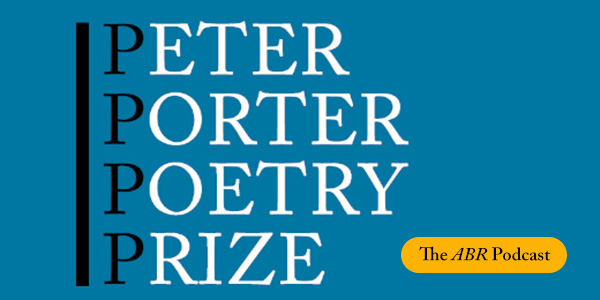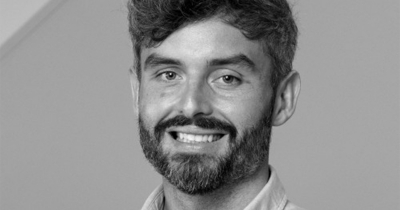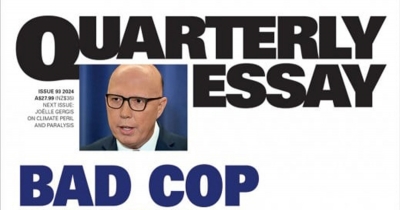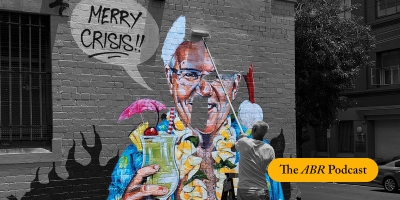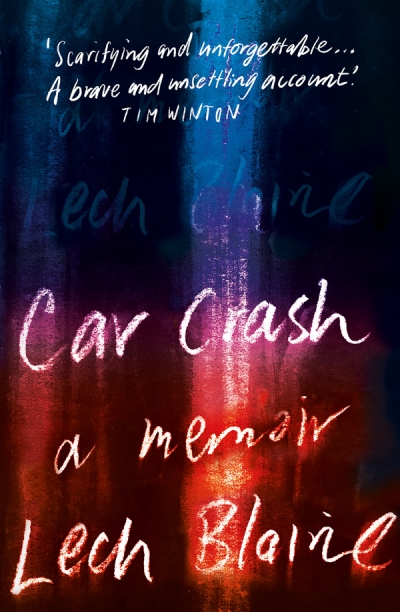Accessibility Tools
- Content scaling 100%
- Font size 100%
- Line height 100%
- Letter spacing 100%
Lech Blaine
The ABR Podcast
Released every Thursday, the ABR podcast features our finest reviews, poetry, fiction, interviews, and commentary.
Subscribe via iTunes, Stitcher, Google, or Spotify, or search for ‘The ABR Podcast’ on your favourite podcast app.
2025 Peter Porter Poetry Prize Shortlist
Read by the poets
This week on The ABR Podcast we feature the 2025 Peter Porter Prize shortlisted poems, as read by the five poets, published in the January-February issue of ABR.
Recent episodes:
Lech Blaine is the author of the memoir Car Crash (2021) and the Quarterly Essays Top Blokes (2021) and Bad Cop (2024). He is the 2023 Charles Perkins Centre writer in residence. His writing has appeared in Good Weekend, Griffith Review, The Guardian, and The Monthly. His latest book is Australian Gospel.
... (read more)This week on the ABR Podcast we review a profile of opposition leader Peter Dutton. Bad Cop: Peter Dutton’s strongman politics by Lech Blaine is the ninety-third issue of the BlackInc Quarterly Essay. In his review of Bad Cop, political biographer Patrick Mullins begins by comparing Dutton to another cop-turned-politician in Bill Hayden. Listen to Patrick Mullins with ‘”Some grotesque Minotaur”: Peter Dutton’s aggressive formation’, published in the May issue of ABR.
... (read more)Bad Cop: Peter Dutton’s strongman politics (Quarterly Essay 93) by Lech Blaine
Scott Morrison has now been in office longer than any of his four predecessors, and yet what do we really know of the man? In today’s episode, political historian and commentator Judith Brett rounds out our picture of the prime minister by patching together recent profiles of the elusive ‘ScoMo’ by Annika Smethurst, Lech Blaine, and Sean Kelly. Brett identifies a host of traits – from his habitual blame-shifting to an ability to compartmentalise the Christian morality governing his private life – that have helped shape his political fortunes. Behind the veneer of ‘ordinariness’ lurks a pragmatic opportunist whose avoidance of scrutiny is itself now being scrutinised. This essay is the cover feature of our upcoming November issue, available to read in full from October 29.
... (read more)Scott Morrison has now been prime minister longer than any of his four predecessors: Kevin Rudd, Julia Gillard, Tony Abbott, or Malcolm Turnbull. He has won one election by the skin of his teeth and faces another by May next year. So what sort of man is he and how good a prime minister? These three publications give us slightly different takes on these questions.
... (read more)
